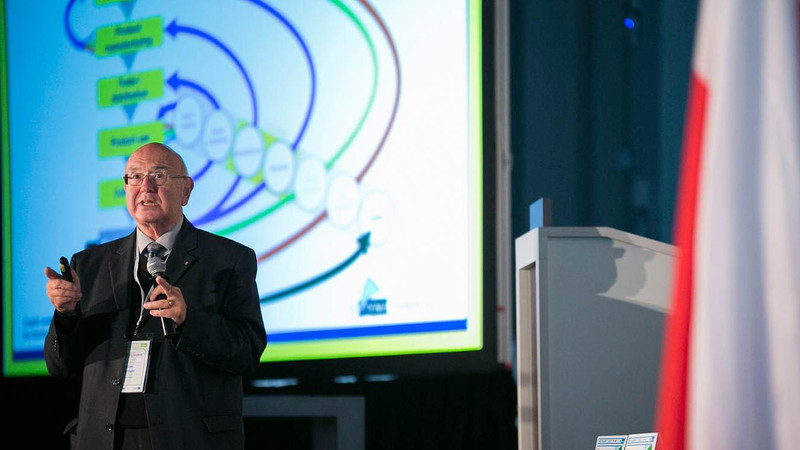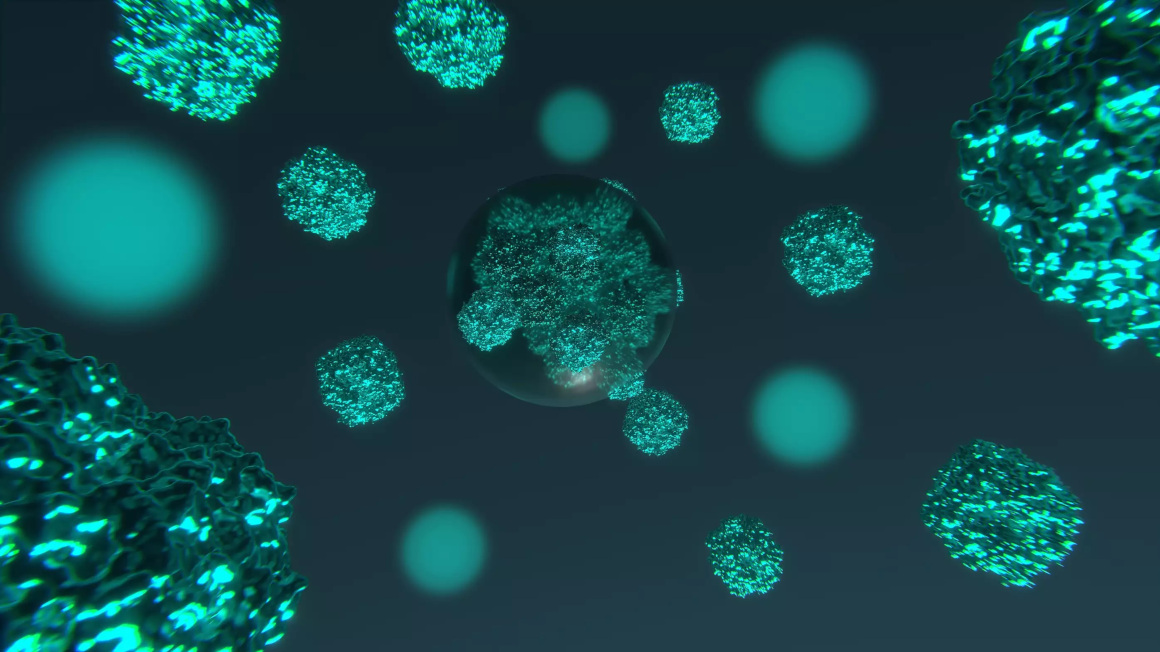Bioregions deliver action plan blueprint
While DG Research has delayed its update on the European Bioeconomy Strategy and Action Plan until next June, the Central and Eastern Bioregions presented a blueprint that proposes key actions aimed at integrating the goals of the European Commission’s circular economy and the bioeconomy strategies.

“There is not a single global bioeconomy. It's local by nature.” According to the Lodz Declaration of Bioregions, drafted at the European Bioeconomy Congress Lodz 2016 and published by stakeholders of the Central and Eastern Regions today, the bioeconomy must be first developed in local biocommunities, i.e. biovillages, biocities or bioregions. “Global problems such as limiting greenhouse gas emissions, protecting the climate and promoting healthy life, and the use of alternative energies can be dealt with effectively at the local level,” the stakeholders headed by Christian Patermann, the inventor of the knowledge-based bioeconomy, write in their manifesto.
They propose three key actions to unite the principles of the circular economy, which is aimed at recycling natural resources and at preventing waste in production processes, and the bio-based economy, which delivers bio-based carbon-neutral, renewable, multifunctional products with novel properties.
1. Use the EU’s structural and innovation funds (ESIF) to implement a circular bio-economy at the local level through “sustainable bio-based growth, reduced impact on the environment, or local renewable energy supply”.
2. Networking of regions in order to define joint strategies and actions, share best practises or perform joint research. For that purpose, a Central and Eastern European Bioregions Forum was established for knowledge transfer.
3. Create an integrated research effort that involves education of the civil society on basic prinicples of sustainability. “We cannot afford life styles, which are not sustainable in terms of overconsumption of energy, food, water and increased impact of environment,” according to the Lodz Declaration.
In an Annex, the Lodz Declaration outlines concrete actions to be taken at the local level such as small agro-biorefineries or locally sourced value chains. “Mankind is facing serious challenges related to climate change, demographic explosion, shrinkage of raw materials, shortages of water, increasing pollution, and the decline of biodiversity,” the declaration suggests. “A significant part of these can be solved or limides by application of sustainable bioeconomy principles.” The Declaration shows the way how to integrate the circular economy and the bioeconomy and in this sense represents a blueprint for the EU’s review of the bioeconomy strategy and action plan.


